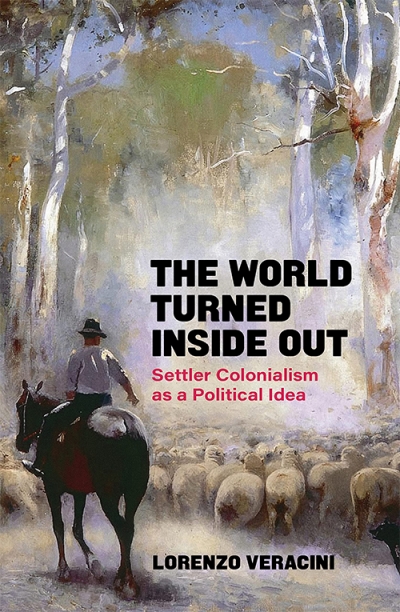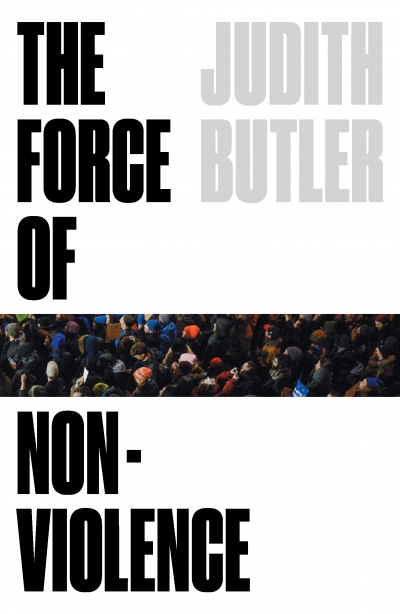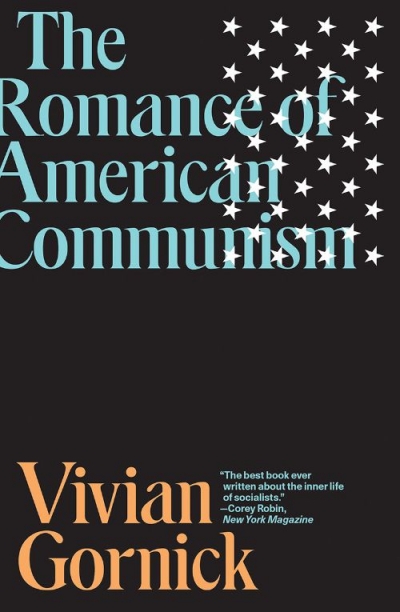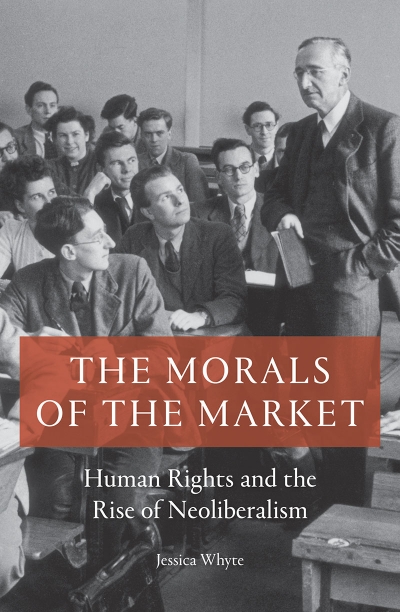Verso
Beyond Chutzpah by Norman G. Finkelstein & Israel’s Holocaust and the Politics of Nationhood by Idith Zertal
by Jonathan Pearlman •
Late Fascism: Race, capitalism and the politics of crisis by Alberto Toscano
by Ben Gook •
In Defense of Lost Causes by Slavoj Žižek & First as Tragedy, Then as Farce by Slavoj Žižek
by Rex Butler •
Everything and Less: The novel in the age of Amazon by Mark McGurl
by James Ley •
Raymond Williams at 100 by Paul Stasi & Culture and Politics by Raymond Williams
by Gary Pearce •
The World Turned Inside Out: Settler colonialism as a political idea by Lorenzo Veracini
by Sarah Maddison •
Tomorrow Sex Will Be Good Again by Katherine Angel & Why We Lost the Sex Wars by Lorna Bracewell
by Zora Simic •
The Force of Nonviolence: An ethico-political bind by Judith Butler
by Nicholas Bugeja •










